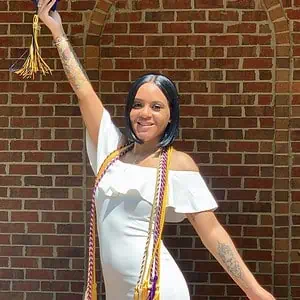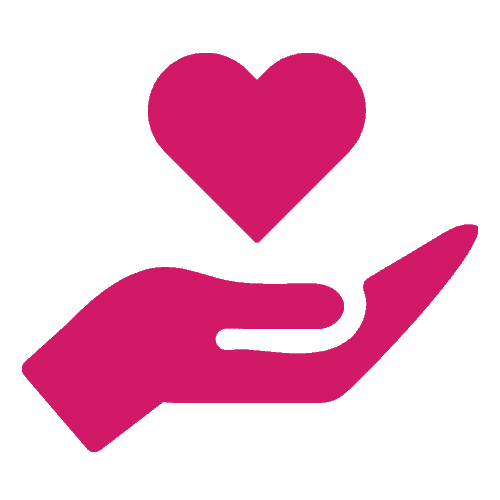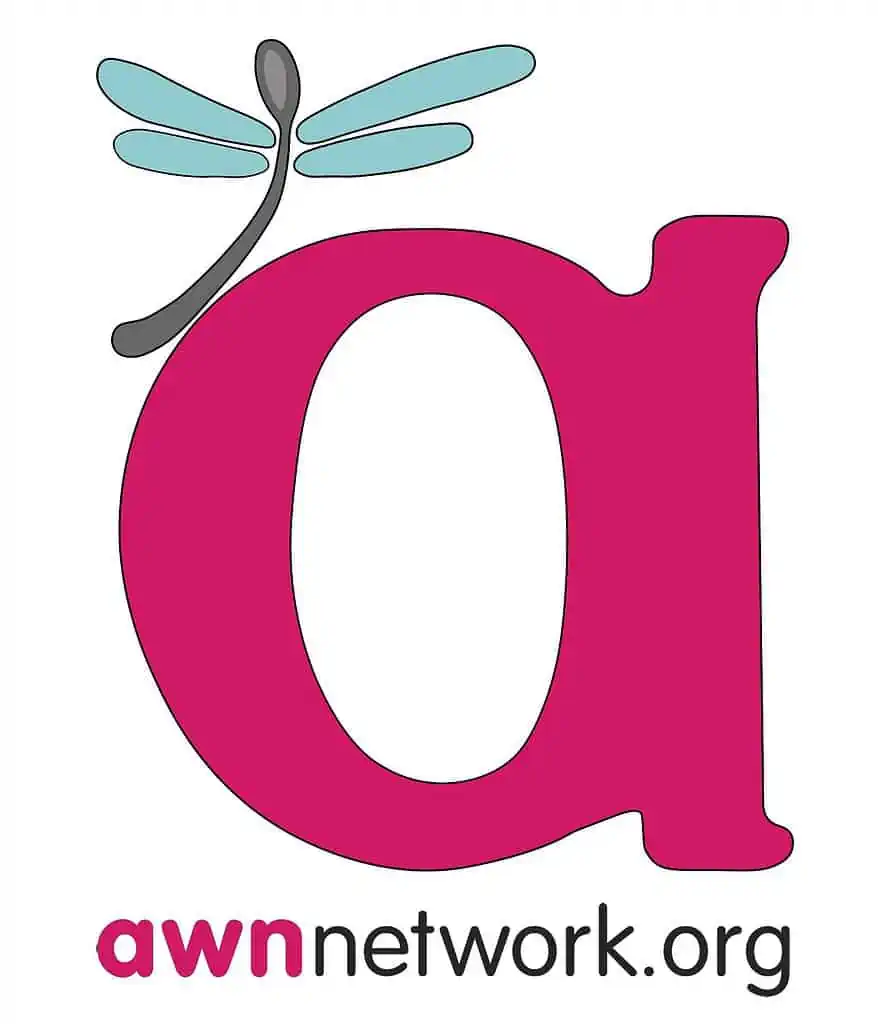
AWN February Newsletter
My name is Kyara, and I started as a Communications Intern at AWN this January.
I first found AWN through a Social Movements course 3 years ago as an undergrad. From that point on, I have been enamored with the organization, and I’m particularly grateful for AWN’s work on healthcare access, racial justice, and intersectionality.
Being a Black woman with anxiety and depression, I have struggled for many years to find proper help and support. This in part comes from the pressure Black women and girls face to mask their problems in an attempt to appear strong. We are rarely allotted the same freedoms to be vulnerable. In my experience, this has caused several doctors and therapists to wave my problems off because I “seem fine.” In psychological terms, my experiences align with what’s known as the Strong Black Woman Schema (SBWS), which is the cultural expectation for Black women to embody extreme emotional strength and determination while facing adversity. This cultural expectation leads to the psychological needs of Black women often being ignored or silenced, which increases the likelihood of depression and other negative mental health outcomes.
My struggles with finding support have prompted me to spend the majority of my graduate studies researching medical communication and diversity. In doing so, I have learned that Black women with disabilities or mental health disorders are commonly misdiagnosed or not diagnosed at all. As our community looks to the future, I hope we progress toward an understanding of disability and mental health that aligns with Black experiences, culture, and interests. One great resource to read or share is this article, which discusses how Black autistic women and girls are excluded from research and discourse. It even features our very own Morénike Giwa Onaiwu.
As we have these conversations, it is essential to gain perspectives that encompass and embrace all people who lie within the intersection of being Black and neurodivergent. In Chapter 16 of AWN’s free ebook, “A Neurodiversity and Gentle Parenting Journey…In Color,” Morénike Giwa Onaiwu details stories of a friend from their childhood who is Black (with multiracial Caribbean heritage), neurodivergent, and transgender. Sadly, this friend faced a lot of pain as she was not accepted by her parents. It took a great toll on her mental health, physical health, and education.
Here’s a selection from that chapter:
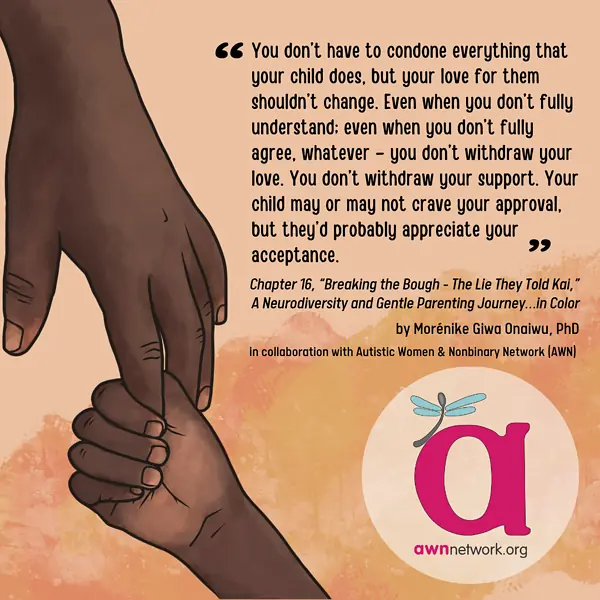
Despite these struggles and challenges, Black people have found ways to use their voice and advocate for better representation through different art forms. In the poem “Just A Unicorn,” Dr. Kat J. Stephens uses beautiful verses and rhythms to illustrate her frustrations and encourage Black women to take space in disability-centered environments.
“What I would give to be typical [neuro]
Somebody’s embodiment of diversity [neuro]
Living as a Black woman with ADHD
Learning as a Black woman with ADHD
Zipping through elementary and middle school
Honors student throughout
Around grade nine, I was just & barely fine”
Throughout February, AWN has been releasing a series of graphics celebrating Black Artists and Activists for Black History Month on our social media. We have now compiled these graphics into a blog post where you can learn more about four important figures in Black history: Octavia Butler, Sonia Sanchez, Josephine Baker, and Alvin Ailey.
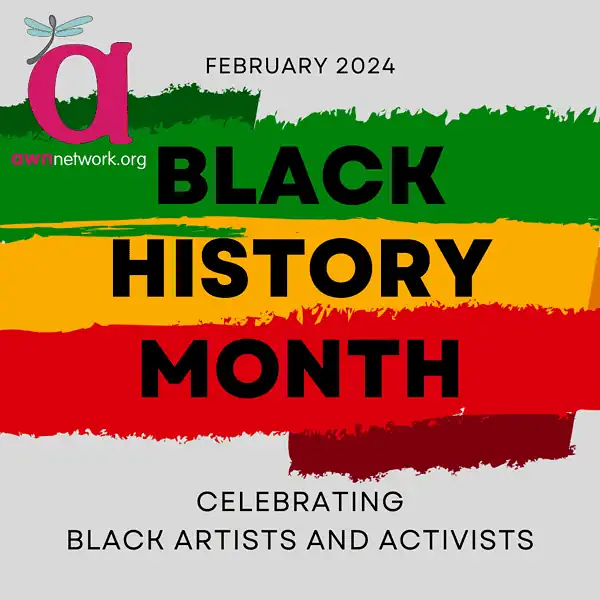
In celebrating Black History Month, I find it important to share my story and the stories of other Black women, girls, and transgender and nonbinary people. In doing so, I hope to be a voice and advocate for Black women, and all members of the Black community, who have faced the same struggles while calling for us to be seen, heard, and understood.
Let’s continue to share our stories together.
Sincerely,
Kyara Bellamy
Communications Intern
Autistic Women & Nonbinary Network
